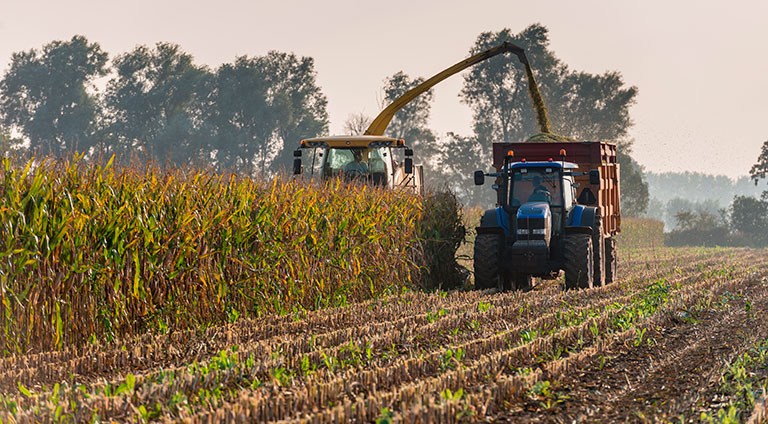Member states have appointed their own national audit bodies to independently audit agricultural spending in their own countries since 1996, but since 2015 they have also been required to provide an opinion on the legality and regularity of expenditure.
Agriculture is one of the largest areas of spending in the EU budget. Between 2014 and 2020, it has been allocated €363bn.
Yet the new framework put in place by the European Commission to help monitor this spending has “significant design weaknesses”, according to the auditors, and the opinions given by national audit bodies did “not fully comply with audit standards and rules in important areas”.
Auditors identified a number of weaknesses in the guidelines for national bodies, and raised concerns relating to the risk that assurance could be inflated, the representativeness of samples, the type of testing allowed, the error rates employed and the potential for opinions to be based on understated error.
However, the ECA did recognise that introducing the new role for national bodies was a positive step that can help member states strengthen their control systems, reduce audit and control costs and provide additional independent assurance for the commission – once measures to address the issues raised had been put in place.
In fact, it said that once the national bodies’ work was being done in a “reliable manner”, their opinions should become the main factor taken into account in the commission’s assurance model, which currently takes a number of different elements into account and is based mainly on member states’ control statistics.
A European Commission spokesperson pointed out that the audit only covered 2015 – the first year that national audit offices took on the additional responsibilities – and that a number of lessons learned then had already been taken on board since.
They added that the commission shares the management of agricultural spending with member states. Therefore, while the commission retains ultimate responsibility, member states "cooperation is vital for maintaining an efficient and performant assurance model".













